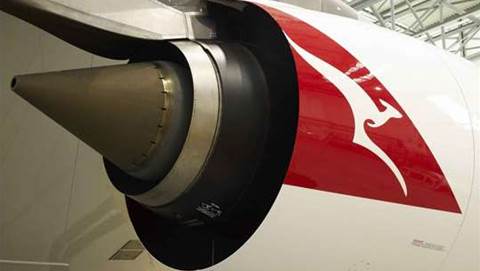Australia's tertiary education providers have introduced “cloud computing” streams as electives for Bachelor of Computing Systems degrees, reflecting the industry's growing demand for virtualisation skills.

The Box Hill Institute in Victoria offers five to six units of virtualisation tuition in a “cloud computing” stream for students looking to be qualified as a Bachelor of Computing Systems.
Box Hill students can choose cloud computing as an alternative to advanced networking, systems administration and software development streams.
This is broadly aligned with Charles Sturt University’s decision to offer a “virtualisation and cloud computing” stream as part of its Master of Information Technology program.
These streams give students both a theoretical introduction to virtualisation technology, as well some hands-on training with hypervisors including Microsoft’s Hyper-V, VMware’s vSphere and Citrix’s Xen.
Microsoft and Cisco have long provided resources to institutions like Box Hill for industry certification programs. Box Hill Institute is already the largest Cisco Academy in the South Pacific and has been a Microsoft IT Academy for ten years.
Invariably these commercial relationships also allow vendor-specific materials to seep into the curriculum for Diploma and Bachelor degrees.
VMware and Citrix are attempting to achieve the same feat. Last year, Box Hill Institute trained and certified 60 new VMware consultants.
Last week, it joined Lidcombe TAFE in NSW as Australia’s first ‘VMware Academy’ training partners. Under this partnership, the two institutions receive free access to VMware’s training materials and other incentives to encourage VMware certification across their respective states.
The program also enables Box Hill Institute to run remote-instructor-led VMware training for students across Australia using a Java-based web app.
Simon Taylor, Centre Manager for Information and Communications Technology at the Box Hill Institute told iTnews that the TAFE tends to “look for the market leader” around any given technology to gain access to training materials.
So although the institution typically looked first to Microsoft for operating systems, VMware was considered first for the hypervisor.
“We try and stay vendor-agnostic as much as we can,” Taylor said.
“If you look at network training, what we provide might be Cisco-specific, but most of the underlying knowledge could be transferred to a Juniper or HP or some other networking vendor.
“VMware is a bit more specific as a technology, but they are the dominant leader. The odds of a student walking in to a large data centre to find it solely a Xen Server or Hyper-V environment is probably unlikely for candidates we’re pushing out.
“TAFE is always about delivering real world skills to our students. We want to think they leave here industry-ready and have skills useful in the workplace."
The collaboration also turns these Government-funded institutions into recruitment hubs for resellers and vendors, who have been fighting for mindshare among the next generation of IT workers.
“The industry comes to us with roles and our students are often employed before they even complete the course, and within six months over 80 percent have jobs in the industry," Taylor said.
“That’s an area where the universities are not as strong. The benefit of the programs we deliver is that they are skills-focused and employment is an easier road.”



_(23).jpg&h=140&w=231&c=1&s=0)







 iTnews Benchmark Awards 2026
iTnews Benchmark Awards 2026
 iTnews Executive Retreat - Security Leaders Edition
iTnews Executive Retreat - Security Leaders Edition
 iTnews Cloud Covered Breakfast Summit
iTnews Cloud Covered Breakfast Summit
 The 2026 iAwards
The 2026 iAwards












_(1).jpg&h=140&w=231&c=1&s=0)



